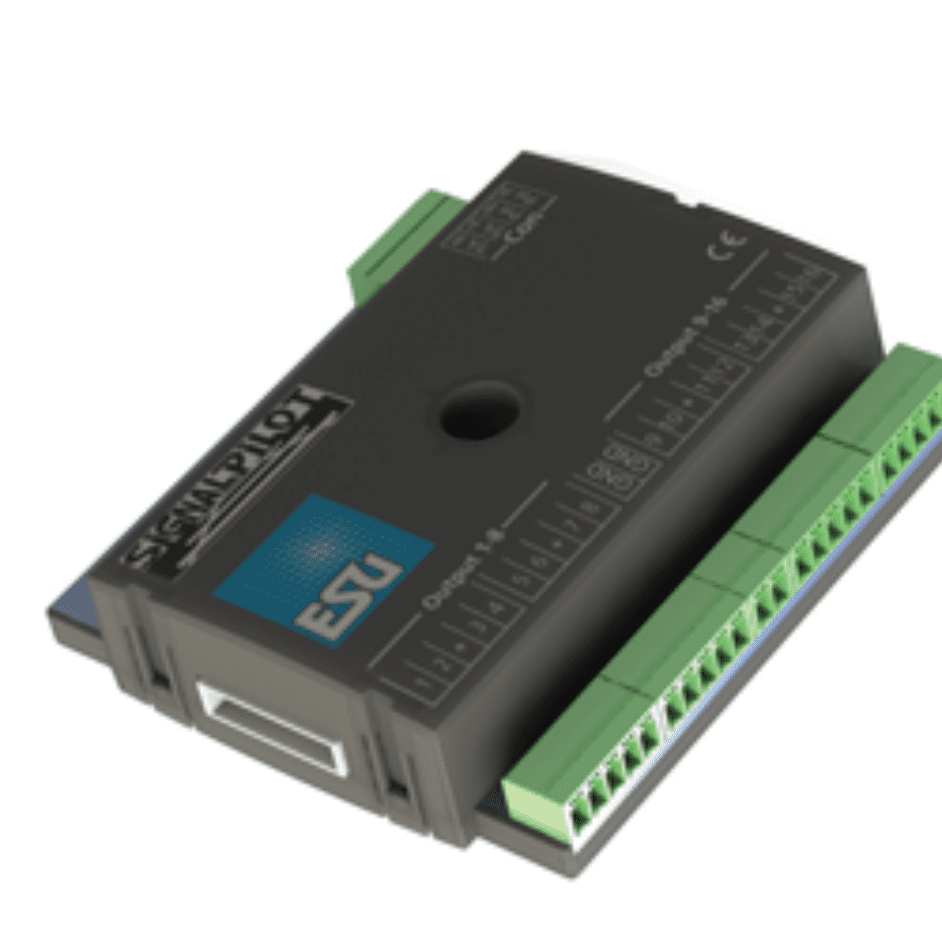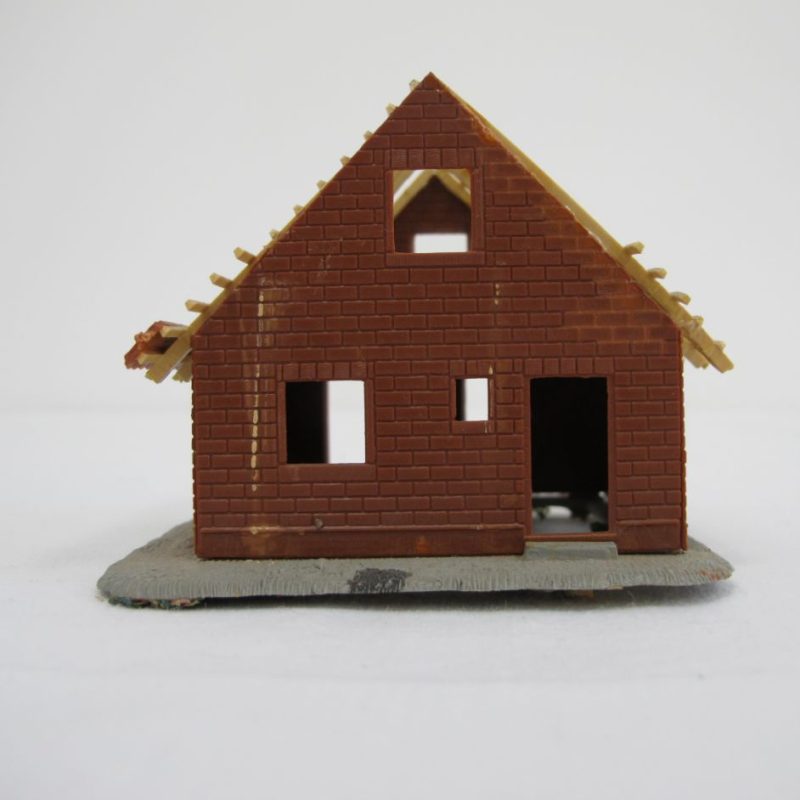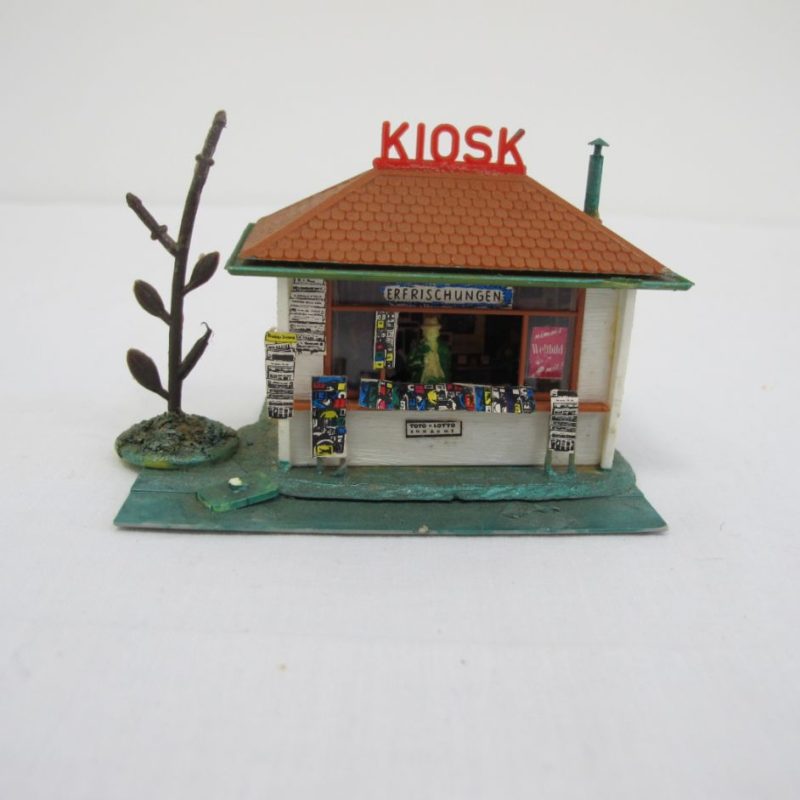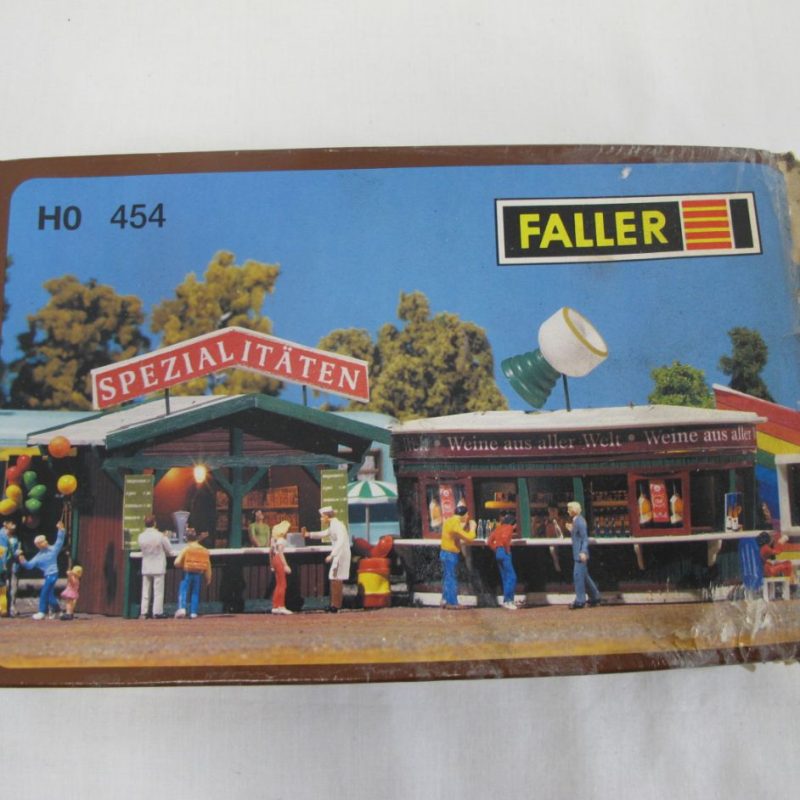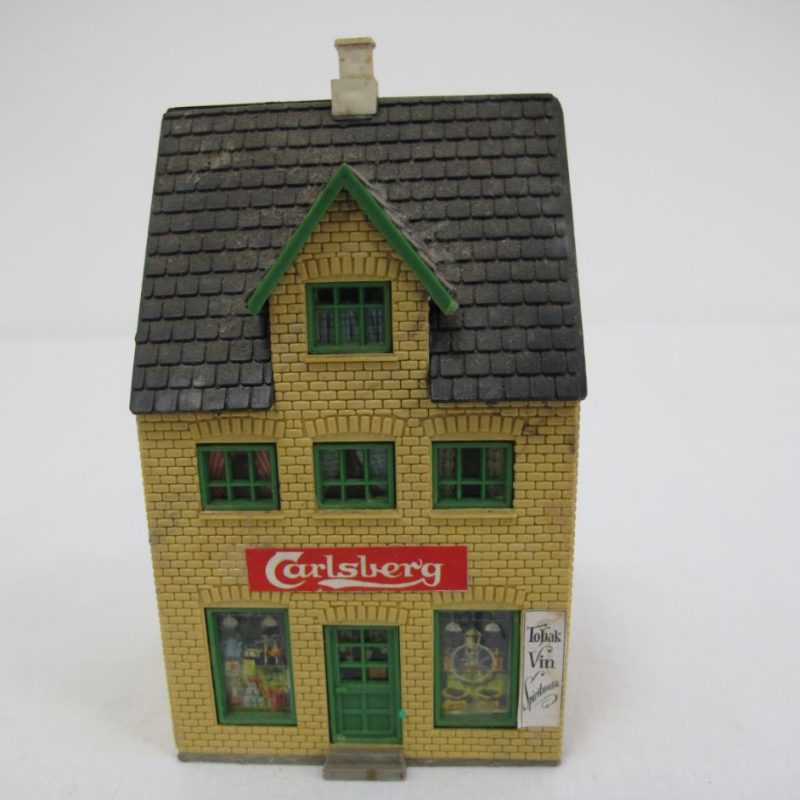The ESU SignalPilot decoder is a multi-protocol decoder designed primarily for switching daylight signals. It has 16 outputs to which micro lamps or LEDs (with series resistors) can be connected directly. Because all outputs are designed as push/pull output stages, both daylight signals with common anode as well as daylight signals with a common earth connection (common cathode) are suitable, as is the case with Viessmann® signals. Motorised semaphore signals and turnout drives can also be operated with the SignalPilot.
Operating modes
The SignalPilot supports both DCC with RailComPlus® and Motorola®. Programming allows for each output to be assigned to any address or to a combination of addresses.
Functionality
The SignalPilot can be powered either directly by the digital command station or by any transformer /power supply unit providing DC or AC. The SignalPilot has 16 transistor outputs in push-pull configuration. Each output can be operated individually as continuous light, flashing light or pulse light. Here, the brightness or flashing frequency can be adjusted as well as fade-in and fade-out times. Various prototypical lighting effects such as soft dimming, fluorescent tube effect, defective fluorescent tube, gas lantern simulation, flicker light ensure a realistic result. Randomly controlled switching on/off as well as an on/off delay can also be activated. A night service extension can dim down the outputs together if so desired.
The outputs of the SignalPilot are combined into signal aspects during configuration. In principle, two-, three-, four- or multiaspect signals are conceivable. Depending on the number of outputs involved, one or more turnout numbers (accessory addresses) are assigned to each signal, with the help of which you can later switch the individual signal aspects. Up to 16 turnout numbers are available for this purpose.
The configuration of the signal aspects is carried out exclusively with the aid of the ESU LokProgrammer software. You select the desired signal aspects, then write them to the decoder and finally wire the signals as configured.
All signal aspects predefined in the LokProgrammer software can be changed individually. The description of the signal aspects themselves is done with the help of XML files, which on the one hand are regularly extended by ESU or can be created and extended by you at your own discretion. In this way, „exotic” signals can also be supported. The SignalPilot is multi-protocol capable and can be used with digital command stations operating the Märklin® Motorola® system (e.g.: 6021, Central Station® or Mobile Station®) as well as DCC enabled command stations. The configuration can be doen by Programming on the Main (POM) and on the programming track. Thanks to RailCom®, CVs can also be read out.
Optionally, a SwitchPilot Extension relay module can be docked to the SignalPilot. This facilitates setting up brake chapters or turnout frog polarisation.
LokProgrammer
The easiest method of configuring the SignalPilot is programming it with the ESU LokProgrammer. Simply choose the desired signal type, and the wiring will be displayed on the screen.
Designed with future developments in mind
The firmware of the SignalPilot can be updated with the aid of the LokProgrammer at any time. This may be necessary whenever we add new signal types.
| Weight | 0.1656 kg |
|---|
